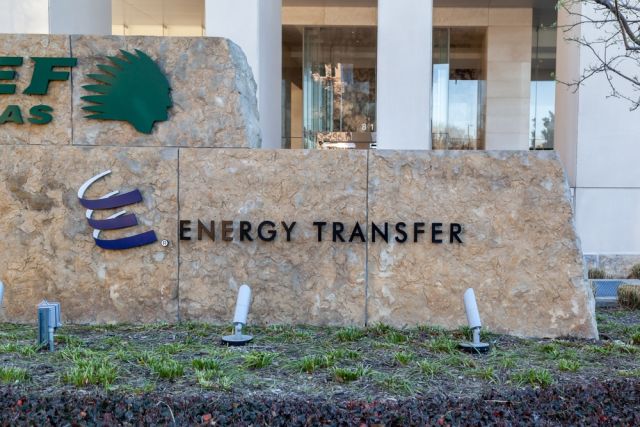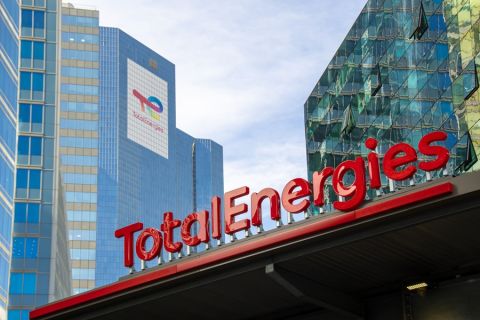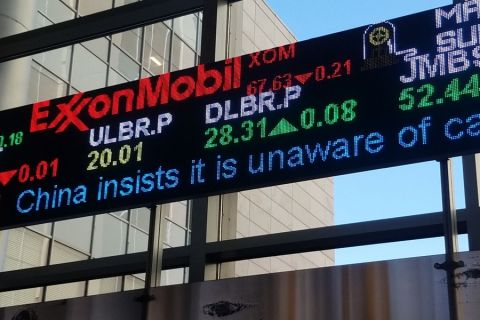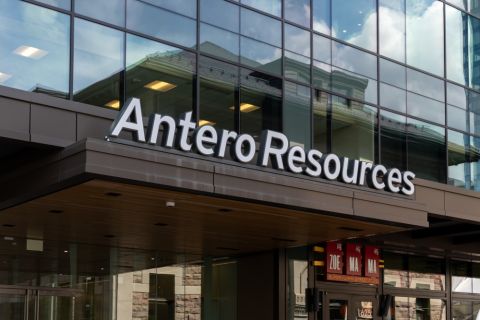
Louisiana’s Court of Appeal, Second Circuit reversed a lower court’s ruling that Energy Transfer could block DT Midstream’s plans to build a pipeline across ET’s circuit. (Source: Shutterstock)
Louisiana’s Court of Appeal, Second Circuit, sent a blunt message to Energy Transfer (ET) on April 10 when it reversed a lower court’s ruling that the company could block DT Midstream’s (DTM) plans to build a pipeline across ET’s own circuit.
The ruling casts an unfavorable outlook towards the Dallas-based midstream company’s other pending cases with Williams Cos. and Momentum Midstream, according to an analysis of the ruling by Arbo, an analytics company that focuses on regulations.
The appeals court ruled 3-0 against ET in the earlier DTM ruling. One of the presiding judges, Jeff Thompson, added his concurrence to the reversal, saying that Energy Transfer’s position in the case would interfere with property and commercial rights.
“It is never a good sign when a judge writes separately to ‘decline the invitation to further deprive landowners of the rights of ownership or to disrupt the progression of the oil and gas industry,’” Arbo wrote in its analysis.
At issue was a lower court’s decision from April 2023. The court ruled in favor of Energy Transfer’s “exclusive servitude” of its Tiger Pipeline’s pathway, after the company filed against DTM’s plans to cross ET’s line with its own line.
In the suit, Energy Transfer said that DTM could not meet the company’s safety requirements. ET made the same safety argument in different suits with Williams and Momentum.
Momentum had argued that ET was primarily interested in protecting its market share.
“Exclusive servitude” is a term unique to Louisiana within the U.S. The Pelican State’s civil code is influenced by Spanish and French legal concepts, while the rest of the country’s system is derived through English common law. “Servitude” corresponds to the common law term “easement.”
At issue in the ET-DTM case was the term “exclusive,” according to Arbo. ET and DTM had both secured servitudes from the property owner, but ET received its servitude first. ET claimed that “exclusive” servitude meant other companies could not build across its pathway without its permission.
The court ruled that, while Energy Transfer had exclusive servitude of the pathway, the company could not claim everything on top or underneath it.
Energy Transfer “suggests this court should enforce against a landowner an impenetrable iron-curtain of sorts from ground level to the center of the earth,” Thompson wrote.
The original 2023 injunction resulted in criticism from some Louisiana businesses and state officials. Current Gov. Jeff Landry, who was the state’s attorney general at the time, said the precedent would threaten growth throughout the state and cause problems with an oncoming massive LNG export expansion.
“Louisiana is oil and gas country, so when the state, major state and national trade associations, the state landowner’s association and one of the largest natural gas pipeline companies in the country (Williams) all oppose the lower court’s ruling, the subsequent reversal and the impassioned concurrence are less surprising,” Arbo wrote.
The timeline for the other suits with Williams and Momentum are still up in the air.
Williams CEO Alan Armstrong said in March that the company had already found a different route for its Louisiana Energy Gateway project, although the company’s dispute with Energy Transfer is also awaiting a ruling from the same court. The gateway project’s completion date has been delayed until the second half of 2025.
Momentum’s New Generation Gas Gathering project is the subject of several lawsuits with Energy Transfer in lower courts. The original completion date for the project was in the second half of this year.
Filing with FERC
Energy Transfer took a different approach in its disputes a few days before the appeals court decision. The company filed a petition with the Federal Energy Regulatory Commission (FERC) on April 8 related to its clash with Williams.
In the filing, Energy Transfer claims that Williams is constructing interstate pipelines in Texas and Louisiana without getting the necessary permissions from the FERC and therefore avoiding restrictions.
“Every gas infrastructure developer should play by the same rules—whether that developer is Williams, Energy Transfer or anyone else,” Energy Transfer said in the filing.
Williams responded to the petition by saying the move was another attempt by ET to stifle competition and that the company looked forward to clearing the issue with the FERC, Bloomberg reported.
Arbo said the filing may signal a change in tactics for Energy Transfer. The company could be pursuing federal government oversight to step in for Louisiana, or it could be seeking a tactic to bring other midstream companies into negotiations.
“As for how much time FERC could take—that's anyone's guess,” Arbo Director of Permitting Intelligence Tom Sharp said in an email. “Historically, gathering determinations are usually requested by the company that is actually building the pipeline, so there isn't a lot of past precedent for this sort of thing.”
Recommended Reading
TotalEnergies Eyes Suriname FID by Year-end 2024
2024-04-29 - France’s TotalEnergies and U.S. partner APA Corp. look to place their long lead orders ahead of a final investment decision related to their joint development offshore Suriname in Block 58.
ProPetro to Provide eFrac Services to Exxon’s Permian Operations
2024-04-29 - ProPetro has entered a three-year agreement to provide electric hydraulic fracturing services for Exxon Mobil’s operations in the Permian Basin.
Keeping it Simple: Antero Stays on Profitable Course in 1Q
2024-04-26 - Bucking trend, Antero Resources posted a slight increase in natural gas production as other companies curtailed production.
Oil and Gas Chain Reaction: E&P M&A Begets OFS Consolidation
2024-04-26 - Record-breaking E&P consolidation is rippling into oilfield services, with much more M&A on the way.
Enbridge Advances Expansion of Permian’s Gray Oak Pipeline
2024-02-13 - In its fourth-quarter earnings call, Enbridge also said the Mainline pipeline system tolling agreement is awaiting regulatory approval from a Canadian regulatory agency.





